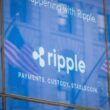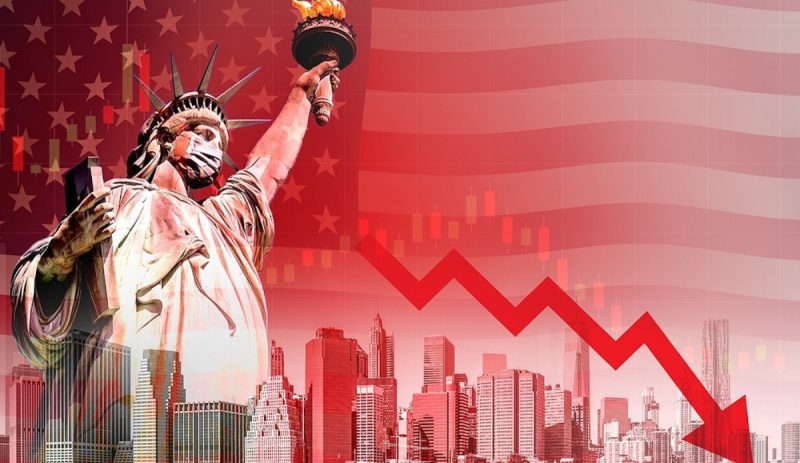According to HSBC, the U.S. will see a dip in its economy, followed by a year of decline. Moreover, the financial giant said that the dip in the U.S. economy will be followed by a recession in Europe in 2024.
HSBC’s asset manager, in its mid-year assessment, stated that recession indicators are “flashing red” for several economies. The bank also claimed that monetary and fiscal policies are not in line with the bond and equity markets. A U.S. recession has long been in the books, amid attempts from the Fed to curb inflation.
Why does HSBC think the U.S. will enter a recession?
According to Global Chief Strategist Joseph Little, some sectors of the economy have so far proven robust. However, the balance of risks “points to high recession risk now,” he added. As per Little, “We are already in a mild profit recession.” He also stated that “corporate defaults have started to creep up too.”
According to HSBC Asset Management the U.S. Federal Reserve is expected to lower interest rates before the end of 2023. Moreover, the Bank of England and the European Central Bank are expected to do the same in 2024.
At its meeting in June, the Fed decided to halt the cycle of monetary tightening, maintaining a target range for the federal funds rate of between 5% and 5.25%.
Little agreed that if inflation stays far above target, central bankers won’t be able to lower interest rates. He stated that “The coming recession scenario will be more like the early 1990s recession, with our central scenario being a 1-2% drawdown in GDP.”
According to HSBC, there are two reasons why the recession in Western economies, including the U.S., will be difficult. First, it is the fast tightening of financial conditions that have triggered a credit cycle slump. Second, it doesn’t seem like the markets are pricing a dismal outlook for the future at the moment.
According to Little, “incoming news flow over the next six months could be tough to digest for a market that’s pricing a ‘soft landing’.”





